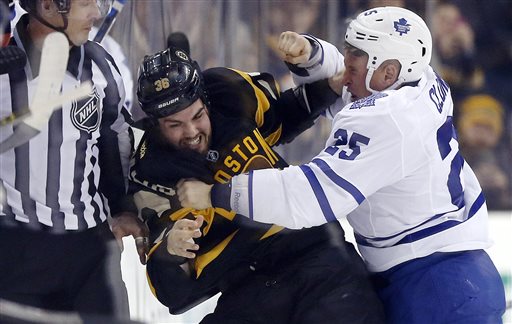10/22/2020
Alexander Wolfe | Staff Columnist
An alarm blares in a dimly lit, carpeted and decently organized room. A student rolls over and leans up, he looks at his phone and rushes out the door, quickly grabbing his computer.
Outside, he’s searching for a better internet connection – DuqNet hasn’t exactly been working well for a few weeks – and is able to join a Zoom call with a handful of other volunteers. For the next hour, they begin the first-ever university-authorized voter outreach effort in Duquesne’s history.
The students are paid fellows of the Campus Vote Project working with the Center for Community-Engaged Teaching and Research (CETR). So far, the group has reached out to many students through phone banking. You may have received a text yourself, encouraging you to make a plan to vote this year, or to register.
We sometimes forget about politics or controversy on the Bluff. In my previous three years living on campus, the only truly contentious moment on campus seen in my time was the rainy afternoon the Westboro Baptist Church was scheduled to protest on Forbes Avenue, but the protest was called off due to bad weather.
This year has been quite different. In June, protests occurred on Forbes Avenue that bordered, but never reached, Duquesne’s campus. In September, Dannielle Brown led a march onto campus the same week a professor ‘allowed’ his students to use a racial slur. The Duquesne community has begun to speak up in ways it has not in some time.
For many of us, look no further than in letters to this paper’s editor, the summer was spent grappling with both our health and our privilege. The idea that Duquesne’s primary devotion to physical and health sciences could shield it from political responsibility has been unacceptable, but now, some are starting to see it, and act.
Beyond the tacit campus organizations representing the Democratic, Republican and Libertarian parties, no political organizations are allowed on campus. Students are prohibited from inviting political candidates to speak on campus, and other students are not allowed to form chapters of other political organizations.
We hear more about our civic duty from commercials on Monday Night Football than from Duquesne, other than friendly, off-hand reminders from our professors and advisors to register to vote.
Happily, Duquesne has not entirely refrained from interacting with our politics, and this semester especially, the administration has organized more events than in previous years. Wednesday’s civil discourse event featured many figures of historical and political note and the conversation on the Rooney Rule outlined how the fight for racial justice must be fought in every arena.
These events, and similar past events, unite our community around a dialogue in a way that A-walk pop-ups and other campus events do not.
What makes the Campus Vote Project so special is its impact. Duquesne students are mostly residents of towns and cities in or around Pittsburgh, Philadelphia and Buffalo. Voting matters in these districts, and Duquesne’s unwillingness to allow students to promote voting diminishes turnout in ways that can substantially swing elections.
Ultimately, Duquesne is a private university, and the administration can hold whatever opinion it desires regarding the activities of political organizations on campus. However, that the administration maintains its position against political organizations being active on campus is a sign of the sense that Duquesne University is above politics or the struggles for justice in this country. Living on the Bluff does not excuse an explicitly apolitical mindset.
The Campus Vote Project is important, and I sincerely hope that Duquesne continues to fund it, or at least promote efforts to help students register to vote and make plans to vote. This is just one more way Duquesne can serve God by serving students, and by encouraging and assisting student participation in our democracy, Duquesne would be serving our country as well.



